It’s curious to think about the similarities between the two biggest AAA-scale misses of 2023. After “lackluster” sales earlier in the year, Forspoken developer Luminous Productions was reabsorbed into Square Enix’s internal studios, while Immortals of Aveum developer Ascendant Studios shed almost half its workforce a couple of weeks ago following poor sales. It’s easy to claim that middling reviews sunk both games, but that’s not the full story, and I’m inclined to think that these two high fantasy failures instead reflect the loss of hope in our cynical age.
I think that because high fantasy — the kind of good-vs-evil stories exemplified by The Lord of the Rings or The Chronicles of Narnia — are inherently hopeful. They’re about ordinary people overcoming extraordinary odds, and they remind us (or maybe just try to convince us) that anyone can be a hero. As a subgenre, it stands in stark contrast to the prevailing trends of the present. I’m talking here about dark, urban, or political fantasy — the likes of Dark Souls, The Sandman, The Witcher, and Game of Thrones. Such stories tend to present worlds that feel grimier and morally gray; they’re more complex and darker, reflective of a more confusing world.
That’s not to say that The Lord of the Rings wasn’t written at a difficult point in world history. Written during and published following World War II, it — and the wider mythopoeia of Middle-Earth — is widely thought to hark back to Tolkien’s own experiences as a soldier in World War I and view of the Second Industrial Revolution. And while there is considerable complexity within the story, there are clear delineations between good and evil, which is largely out of vogue, as much modern fantasy prefers sympathetic villains and conflicted heroes.
Related: Who Made Forspoken’s Music?
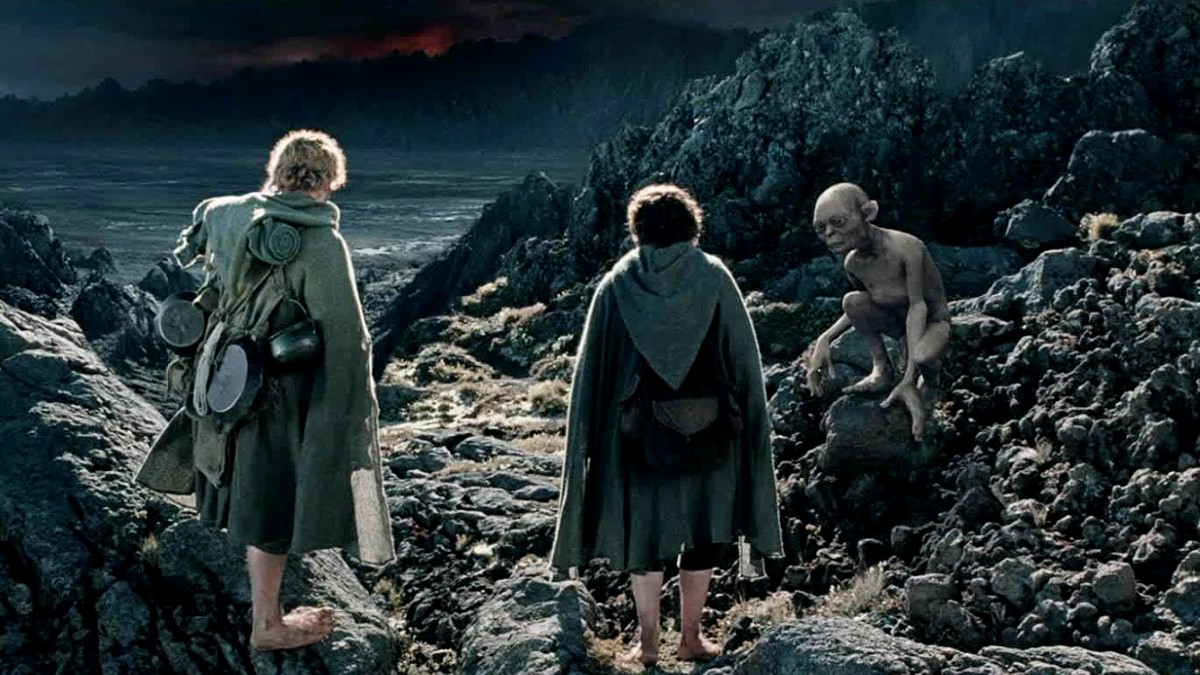
That modern ideology has permeated recent extensions of the Middle-Earth mythology, perhaps most notably through the centering of Gollum in The Lord of the Rings: Gollum but also through the dual protagonism of Talion and Celebrimbor in the Middle-Earth: Shadow of… games and elsewhere. Beyond that, though, in 2023, The Lord of the Rings no longer feels all that hopeful. Instead, thanks to two blockbuster trilogies and the indiscriminate plundering of its supplementary material, it feels comfortable. Likewise for Netflix hiring Barbie director Greta Gerwig to helm two The Chronicles of Narnia films. That, of course, is part of a broad shift in the media landscape to safe bets and franchise-by-force, but it’s much more than just a supply-side trend. For the most part, audiences, too, are shying away from the unfamiliar across the board, with the likes of One Piece and The Wheel of Time booming while things like The Chosen One and Carnival Row struggle (even if those latter titles are hardly exemplars of hopeful fantasy). Regardless, that brings me back to my main point.
A not-so-secret truism of entertainment journalism is that what we do is largely driven by what the audience wants. Those decisions are made based on what people click on and are looking for. Therefore, we’re all-in on extensive coverage of Baldur’s Gate 3 and Starfield. But that same philosophy drives what we don’t cover. From the very beginning, both Forspoken and Immortals of Aveum struggled to attract eyeballs, so they became low priority coverage areas (to my personal disappointment). So, even though it is possible to point to review scores and complaints about graphics, the writing was on the wall for both games long before release.
Why? Okay, new IPs are inherently risky. There’s no doubting that, and Phil Spencer cited that as one of the core value propositions of Xbox Game Pass in those recent leaked documents. Even so, such games can still succeed at this scale. Starfield, Elden Ring, Ghost of Tsushima — and to a lesser extent Hi-Fi Rush and Atomic Heart — all demonstrate that, so it’s not as if the right combination of factors (theme, game design, budget, marketing) can’t help new IPs to succeed. And certainly, EA and Square Enix threw enough resources at Immortals of Aveum and Forspoken, making the pair mainstays of presentations in the lead-up to their releases — at The Game Awards and State of Plays and Summer Game Fest.
Related: Immortals of Aveum Studio Suffers Massive Layoffs Reportedly Due to Poor Sales
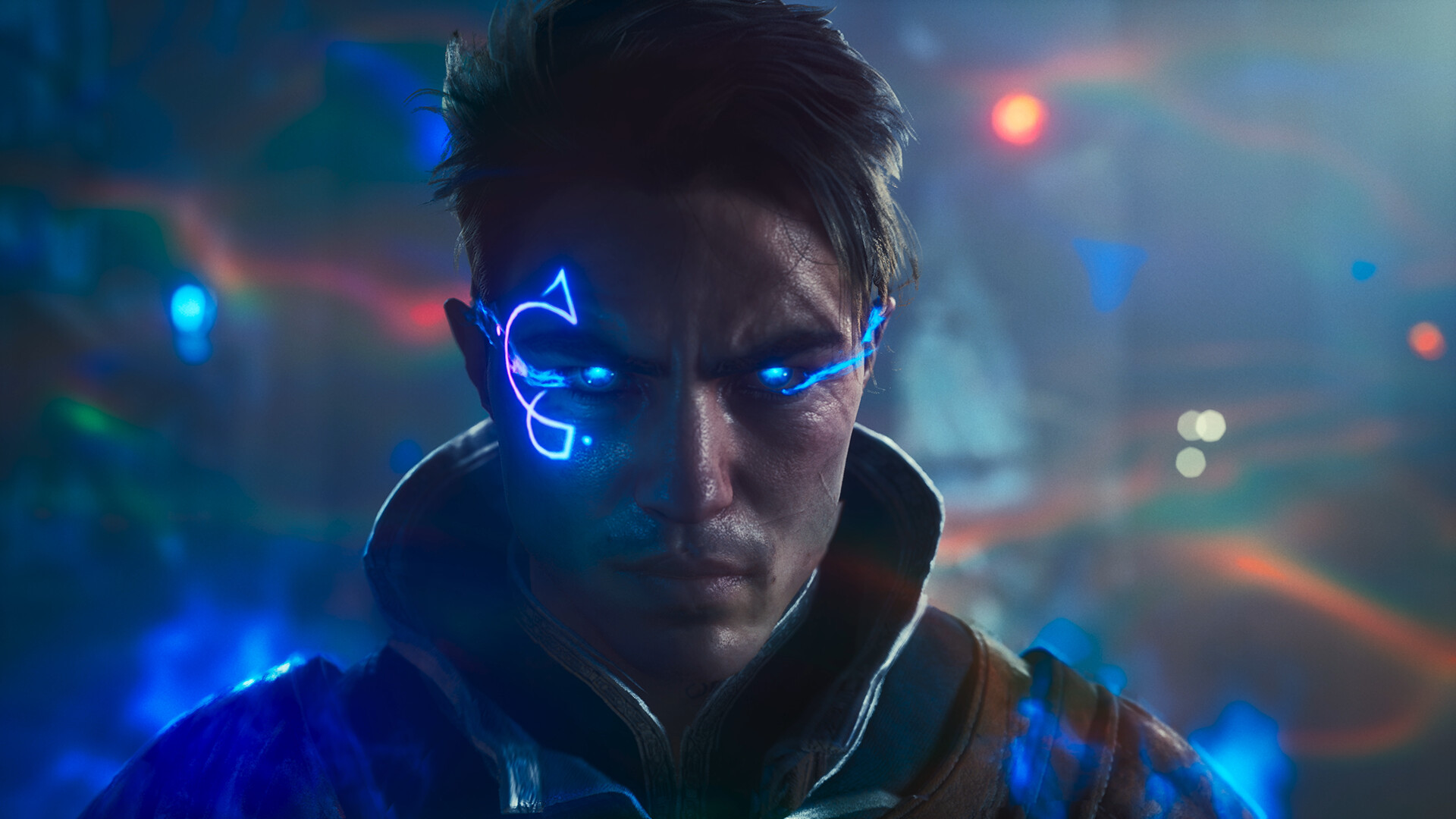
In those showings, the games came across as demonstrations of spectacular action set against fairly familiar fantasy settings of castles and dragons and wide open fields. The framing of adversity was rarely clear, however, overlooked in favor of centering the MCU-styled quippy protagonists of both games. Without a clear sense of conflict, there was so little to care about. That, in itself, was a flaw of the marketing for both games, because without that, you have only the knowledge that the kinds of fantasy worlds shown tend towards hopeful stories.
From that, it should follow that Forspoken and Immortals of Aveum were primed for more success than they received. People much smarter than me have argued that the 2020s so far is the era of the polycrisis. There’s a confluence of crises — a climate change crisis, the Russia-Ukraine conflict, a cost-of-living crisis, a crisis of democracy, the existential threat of AI — all connected to some degree and therefore appearing as a Gordian knot that no-one with the power wants or knows how to solve. In the face of that, it’s argued that people need more hopeful stories. And what can be more hopeful than the flights of fancy in high fantasy, where anyone with conviction can change the world without necessarily needing to be immortal or some kind of political powerbroker?
Yet, that supposed need isn’t matched by what people want. Already I’ve written about the lack of interest in Forspoken and Immortals of Aveum. Meanwhile, this year’s box office has been dominated by the exercises in brand extension that are Barbie and The Super Mario Bros. Movie, with nuclear weapons-based biopic Oppenheimer in third place. None of it is original, and while I’d be willing to concede that The Super Mario Bros. Movie, at least, is hopeful, that’s not what propelled it to its incredible success. Nor will that be the case if The Elder Scrolls VI becomes the billion-dollar game that Microsoft has predicted it to be.
Maybe I’m just wearing rose-tinted glasses, but the fantasy stories I remember losing myself in as a teen first struggling with my mental health rarely shied away from darkness, but they never reveled in it: The Witches of Eileanan, The Old Kingdom, The Lord of the Rings, Spirited Away, Pirates of the Caribbean, Chrestomanci, even Shrek. They still exist, of course, but in an age where the amount of new stories reaching screens and pages each year seems to balloon without end, they’re harder to find. They don’t get the same attention because they don’t receive the same buzz.
I fear that. I fear that the retreat into grimdark fantasy and science-fiction subgenres reflects the slow death of individual hopefulness — the acceptance that we are powerless in the face of vast, chaotic systems. Forspoken and Immortals of Aveum suggest otherwise in a way that Game of Thrones, Final Fantasy XVI, and Lords of the Fallen do not, but the latter type of fantasy flourishes while the former struggles because hope feels like an ever flimsier flame.

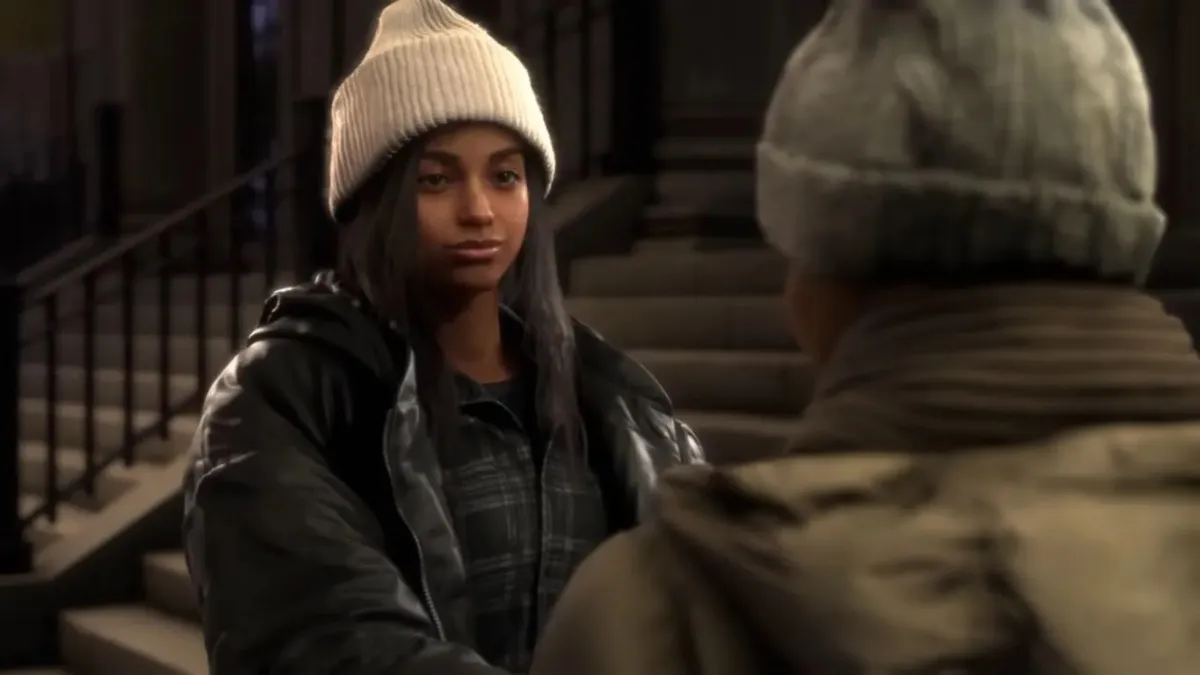


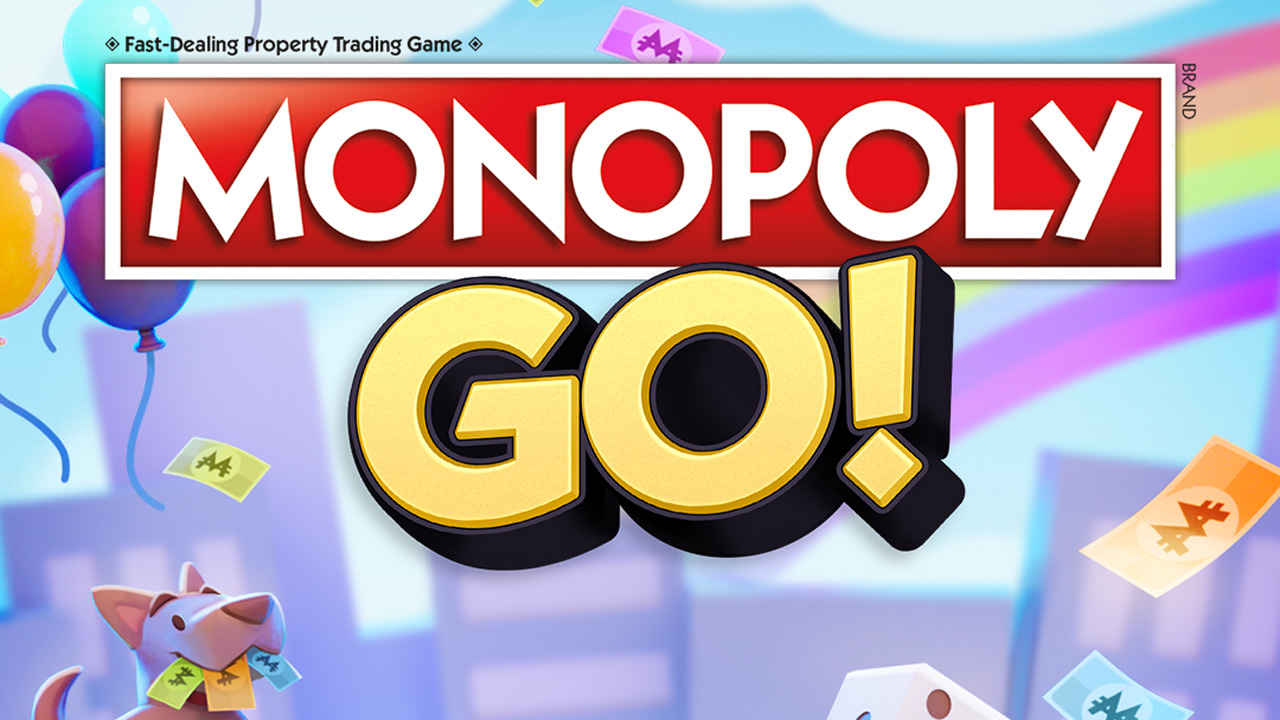
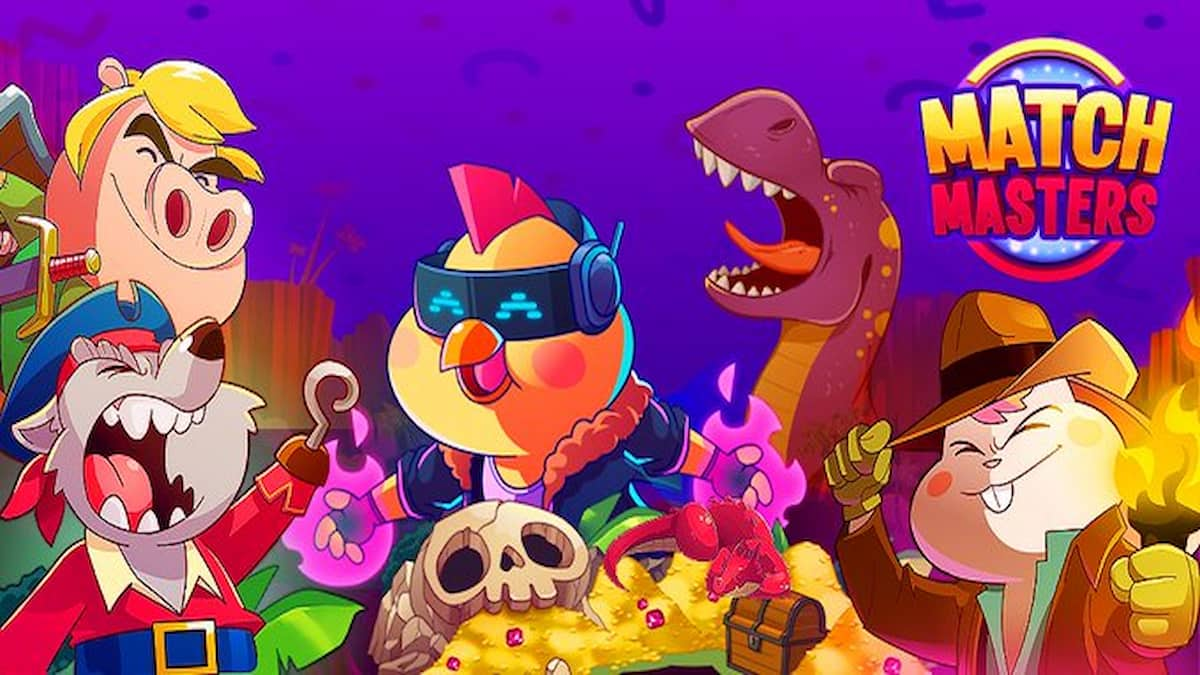
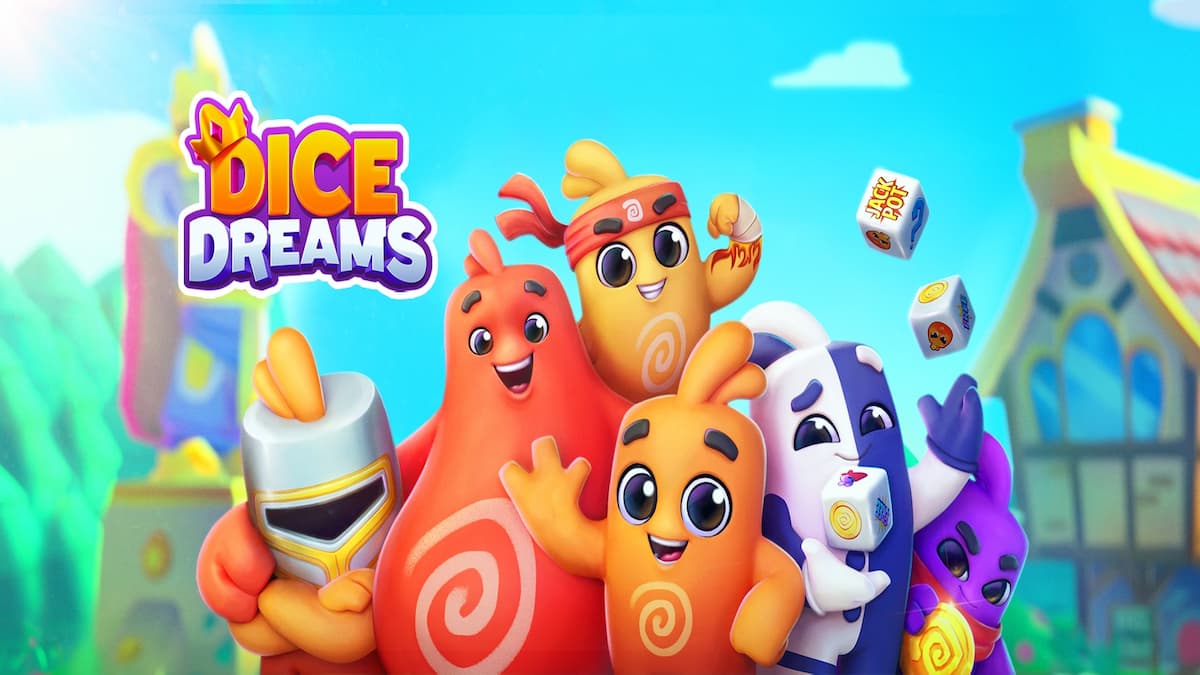
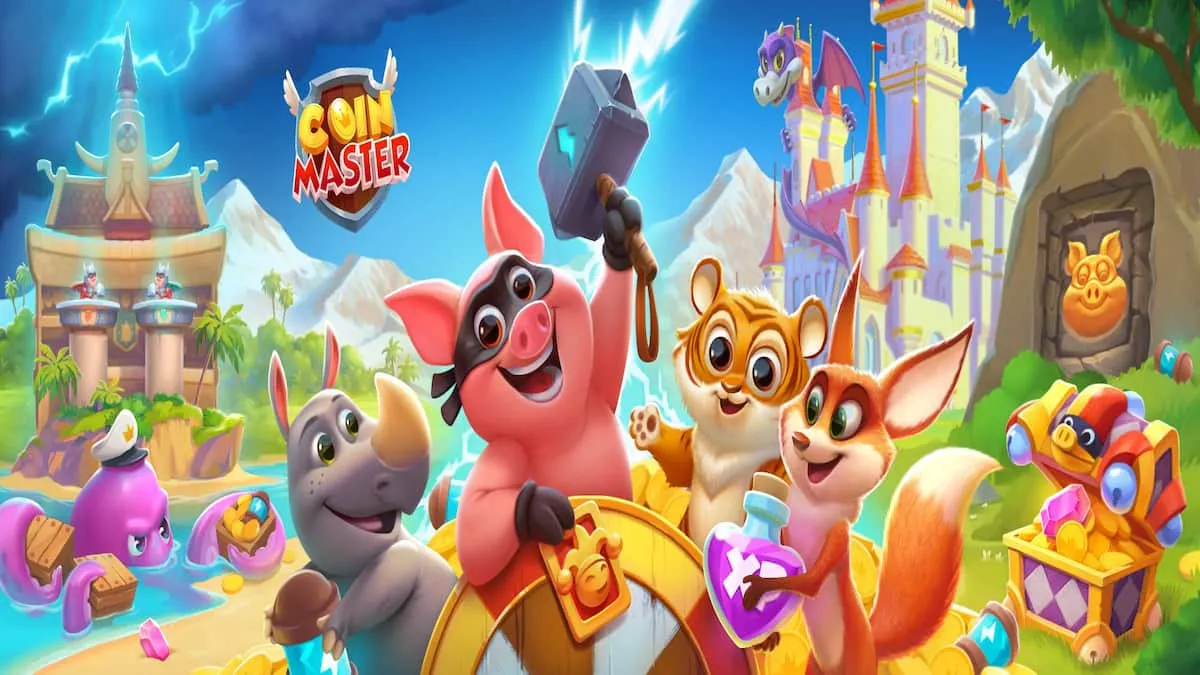
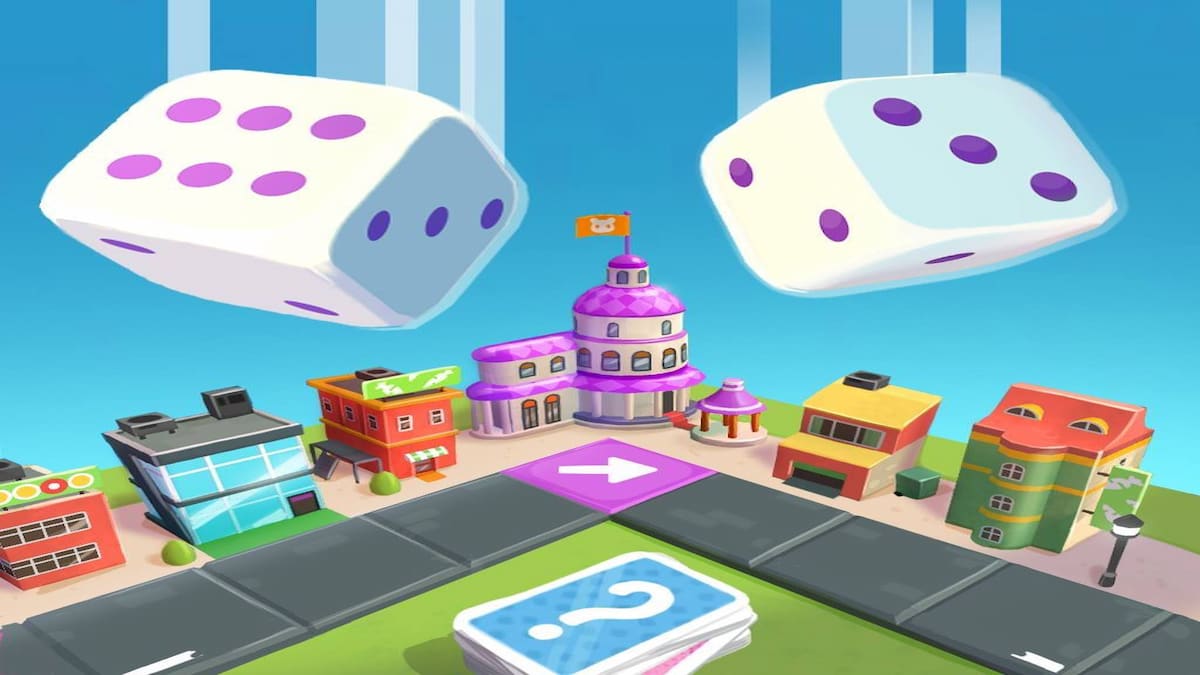


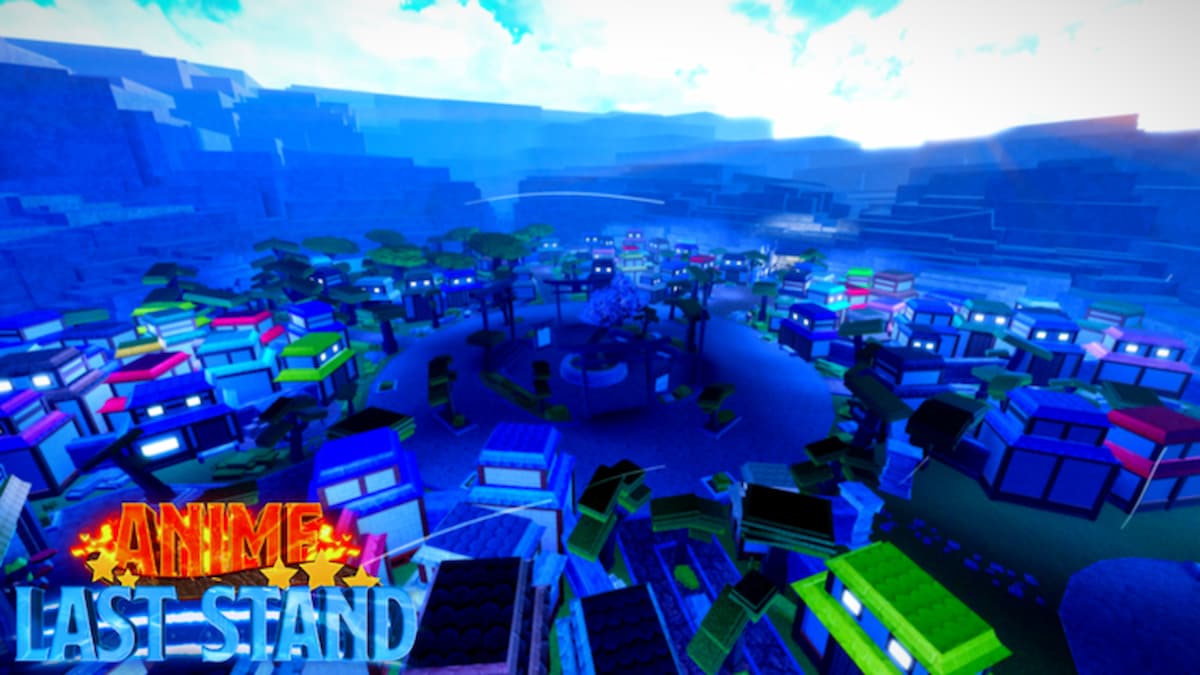


Published: Oct 7, 2023 1:00 PM UTC